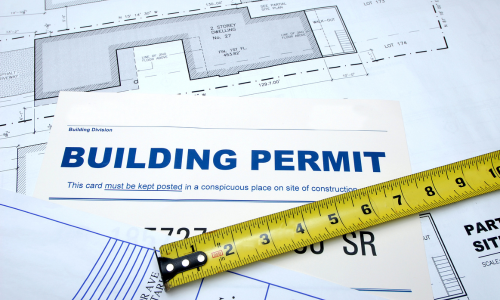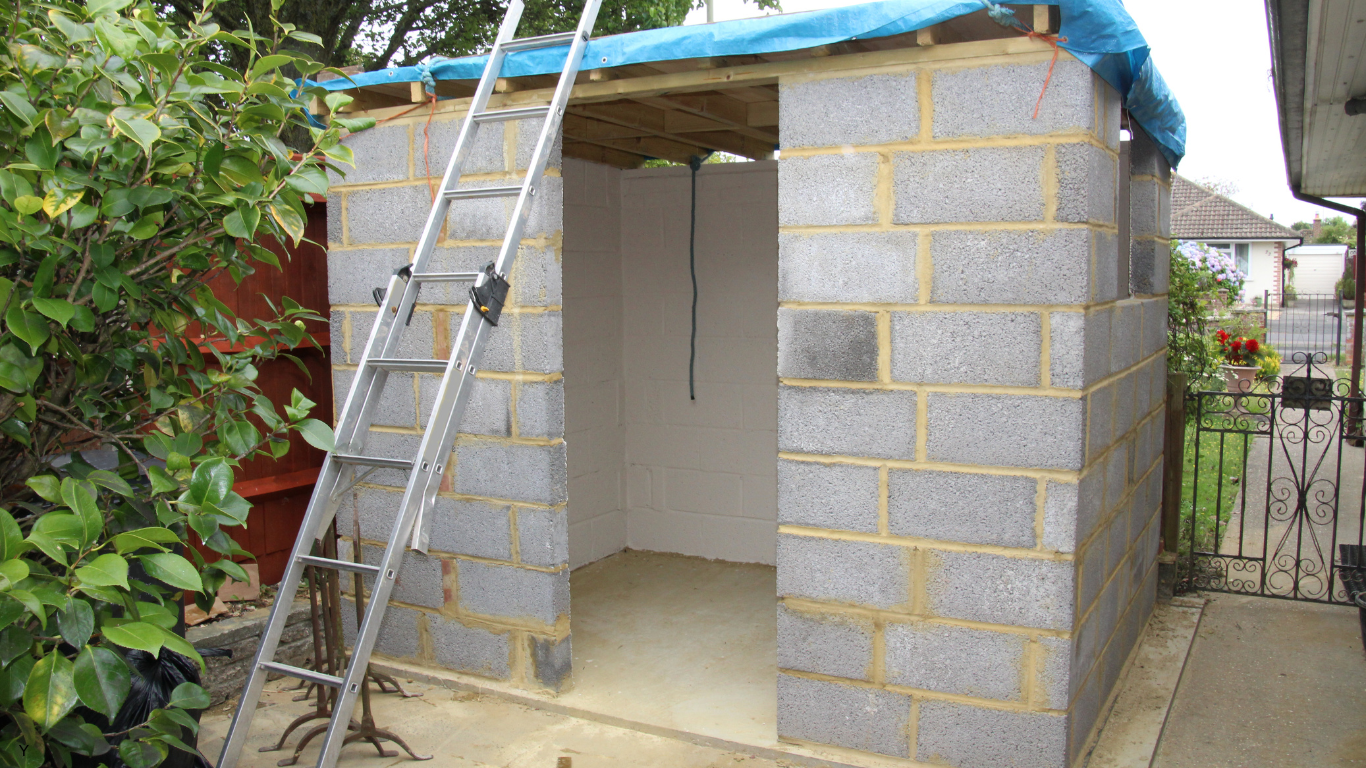553.791, Florida Statutes, Revised by Recent Bill to Include Single-Trade Permit Applications, Plans Review, and Inspections
HB 683 (2025) was signed recently by Governor DeSantis and became effective July 1, 2025. While the bill modified multiple statutes affecting the construction industry, there are extensive modifications to Florida’s alternative plans review, or private provider, statute found in 553.791, Florida Statutes. The complete text of the changes is below, but in short, the changes can be summarized as follows:
Single-trade plans can be reviewed by private providers using automated or software based reviewed under certain conditions
The statute is amended to define “single trade plans review” and include solar energy systems in the type of work that is subject to this type of review.
Limits certain abilities to have private providers perform inspections under certain circumstances to specific residential dwellings.
Sets deadlines for permit approval for single-trade plan reviews
Allows single-trade inspections to be performed virtually
Text of Changes:
553.791 Alternative plans review and inspection.—
(1) As used in this section, the term:
. . .
(l) "Permit application" means a properly completed and submitted application for the requested building or construction permit, including:
1. The plans reviewed by the private provider, or in the case of a single-trade plans review where a private provider uses an automated or software-based plans review system pursuant to subsection (6), the information reviewed by the automated or software-based plans review system to determine compliance with one or more applicable codes.
2. The affidavit from the private provider required under subsection (6).
3. Any applicable fees.
4. Any documents required by the local building official to determine that the fee owner has secured all other government approvals required by law.
. . .
(q) "Single-trade inspection" or "single-trade plans review" means any inspection or plans review focused on a single construction trade, such as plumbing, mechanical, or electrical. The term includes, but is not limited to, inspections or plans reviews of door or window replacements; fences and block walls more than 6 feet high from the top of the wall to the bottom of the footing; stucco or plastering; reroofing with no structural alteration; solar energy and energy storage installations or alterations; HVAC replacements; ductwork or fan replacements; alteration or installation of wiring, lighting, and service panels; water heater changeouts; sink replacements; and repiping.
. . .
(5) After construction has commenced and if either the local building official is unable to provide inspection services in a timely manner or the work subject to inspection is related to a single-trade inspection for a single-family or two-family dwelling, the fee owner or the fee owner's contractor may elect to use a private provider to provide inspection services by notifying the local building official of the owner's or contractor's intention to do so by 2 p.m. local time, 2 business days before the next scheduled inspection using the notice provided for in paragraphs (4)(a)-(c).
(6) A private provider performing plans review under this section shall review the plans to determine compliance with the applicable codes. For single-trade plans reviews, a private provider may use an automated or software-based plans review system designed to determine compliance with one or more applicable codes, including, but not limited to, the National Electrical Code and the Florida Building Code. Upon determining that the plans reviewed comply with the applicable codes, the private provider shall prepare an affidavit or affidavits certifying, under oath, that the following is true and correct to the best of the private provider's knowledge and belief:
(a) The plans were reviewed by the affiant, who is duly authorized to perform plans review pursuant to this section and holds the appropriate license or certificate.
(b) The plans comply with the applicable codes.
Such affidavit may bear a written or electronic signature and may be submitted electronically to the local building official.
(7)(a) No more than 20 business days, or if the permit application is related to a single-trade plans review for a single-family or two-family dwelling, no more than 5 business days, after receipt of a permit application and the affidavit from the private provider required pursuant to subsection (6), the local building official shall issue the requested permit or provide a written notice to the permit applicant identifying the specific plan features that do not comply with the applicable codes, as well as the specific code chapters and sections. If the local building official does not provide a written notice of the plan deficiencies within the prescribed time 20-day period, the permit application must shall be deemed approved as a matter of law, and the permit must shall be issued by the local building official on the next business day.
(b) If the local building official provides a written notice of plan deficiencies to the permit applicant within the prescribed time 20-day period, the time 20-day period is shall be tolled pending resolution of the matter. To resolve the plan deficiencies, the permit applicant may elect to dispute the deficiencies pursuant to subsection (15) or to submit revisions to correct the deficiencies.
(c) If the permit applicant submits revisions, the local building official has the remainder of the tolled time 20-day period plus 5 business days after from the date of resubmittal to issue the requested permit or to provide a second written notice to the permit applicant stating which of the previously identified plan features remain in noncompliance with the applicable codes, with specific reference to the relevant code chapters and sections. Any subsequent review by the local building official is limited to the deficiencies cited in the written notice. If the local building official does not provide the second written notice within the prescribed time period, the permit must shall be deemed approved as a matter of law, and the local building official must issue the permit on the next business day.
(d) If the local building official provides a second written notice of plan deficiencies to the permit applicant within the prescribed time period, the permit applicant may elect to dispute the deficiencies pursuant to subsection (15) or to submit additional revisions to correct the deficiencies. For all revisions submitted after the first revision, the local building official has an additional 5 business days after from the date of resubmittal to issue the requested permit or to provide a written notice to the permit applicant stating which of the previously identified plan features remain in noncompliance with the applicable codes, with specific reference to the relevant code chapters and sections.
(8) A private provider performing required inspections under this section shall inspect each phase of construction as required by the applicable codes. Such inspection, including a single-trade inspection, may be performed in person in-person or virtually. The private provider may have a duly authorized representative perform the required inspections, provided all required reports are prepared by and bear the written or electronic signature of the private provider or the private provider's duly authorized representative. The duly authorized representative must be an employee of the private provider entitled to receive reemployment assistance benefits under chapter 443. The contractor's contractual or legal obligations are not relieved by any action of the private provider.
About the Author
Jason Lambert is a Florida Board Certified Construction Attorney and Partner in the Construction Industry Practice Group at Hill Ward Henderson, in Tampa, Florida. He is also the founder and chief contributor to the Hammer & Gavel construction law blog. Jason focuses his practice on representing contractors, subcontractors, and materials suppliers throughout the state of Florida. Before law school, Jason spent a decade working in the construction industry, primarily as a project manager and operations director for both new construction and remodeling. He can be reached at jason.lambert@hwhlaw.com or 813-227-8495.






